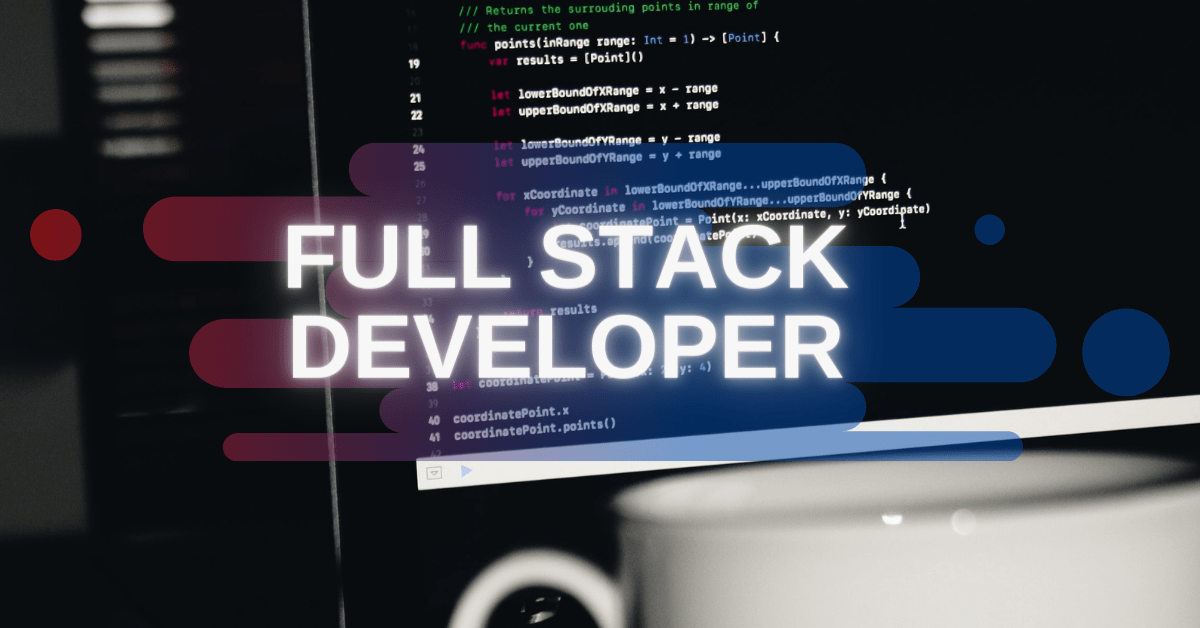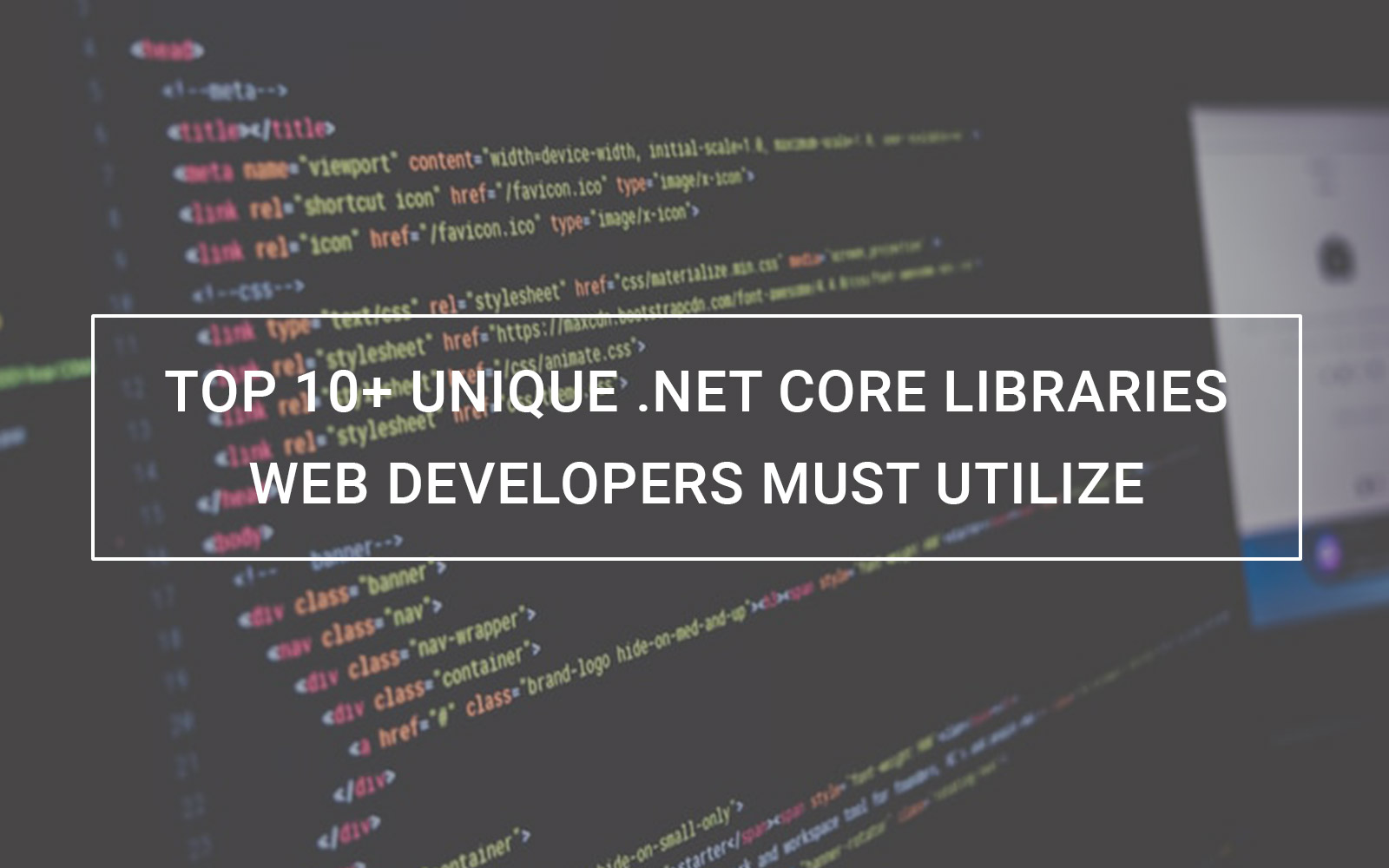As for humans, communication happens through mutually understood languages. Similar way, there are many computer languages to program an application to achieve what we desire out of them. But when it comes to developing a cloud-based application or cloud databases, you generally need specific-purpose languages. You need a data-oriented programming language for the development of robust cloud applications.
The application developed using cloud programming languages should run smoothly on cloud infrastructures. Different cloud-based languages have distinct structures, capabilities, and support systems. C/C++, Java, Python, etc. are general-purpose languages and can be used for cloud development. But there are many superior languages specially used for cloud application development.
And with this article we are going to elaborate on the top 10 in-demand cloud programming languages you should consider for development projects. These cloud programming languages are efficient and provide many functional uses for developers and programmers. The below list consists of some of the general-purpose languages to develop cloud applications and some specialized languages used for the cloud server and database development.
10 In-demand cloud programming languages to consider for development
Cloud computing means delivering innovation over the internet. It is a provision of computing services like storage, servers, networks, databases, software, apps, information, and much more with the flexibility to scale. The software development companies are taking full advantage of cloud computing to provide services like Software-as-a-Service (SaaS), Infrastructure-as-a-Service (IaaS), Platform-as-a-Service (PaaS), and others.
Cloud computing has brought a revolution in the development industry. This is due to its disparate benefits such as lower costs involved, high productivity, improved security, speed efficiency, and global scaling. And the use of the following programming languages helps you stand out from the crowd.
1. .Net (C#)
.Net is a programming platform written in C# for the development of web, mobile, desktop, and cloud applications delivered and maintained by Microsoft. It is an open-source platform with native support for Azure cloud which makes it the best fit for creating cloud-based applications. With .Net Core, the platform enables you to build cross-platform applications as well but from this year (2020) on Microsoft is determined to unify the .Net platform into one .Net 5.
.Net contains large class libraries that provide language interoperability for several languages, which means it can use codes written in other programming languages. Also, its robust performance, optimum power usages, asynchronous programming, Language Integrated Query (LINQ), etc. are few good features that make .Net an exceptional programing language to use for cloud development.
2. Java
Java is one of the programming languages used not only for general purpose development projects but also for a wide variety of needs including cloud. It has successfully left a significant mark on Artificial Intelligence, machine learning, and cloud computing. Java is one of the most popular programming languages used by more than 10 million programmers. The key reason for its inimitable success is that Java is a highly scalable, secure, stable, and portable language with exceptional performance and code execution speed.
Frameworks like Spring Boot, Cloud Foundry, AKKA, and others build on Java provide support for multi-cloud services, microservices, and reactive programming. In addition to that, all the major clouds provide excellent support for Java in their SDKs, which bolsters our capability to simplify the development process. Thus, Java holds significant importance among cloud developers because of its versatility and platform independence.
3. Python
Due to its suitability in manipulating and processing large data sets, it is often recommended to use Python for cloud computing needs. Python has a streamlined analytics system, machine learning, neural networks that are easy to deal with and craft stunning cloud-based applications. It is a high-performing programming language to start with.
It encompasses several features like vast support libraries, easy-to-use data structure, third-party modules, and others that enhance the cloud application development. Also, all major cloud providers support Python language, which makes it the best bet for your cloud computing needs.
4. Go
Go is developed by some of the programmers of Google who were frustrated with the other programming languages like C++. It is usually known as Golang because of its domain name. What makes it perfect for cloud is its multicore processes which are tailored for developing easily distributed cloud computing applications.
Go has advanced tools for concurrency and parallelism management, which makes it a fast and simple programming language for cloud server development. Gobot is a powerful framework written on Go programming language and is used for IoT, machine learning, robot, and drone development. Twitch, Dailymotion, and some Uber service are cloud services written on Golang.
5. SQL
SQL short for Structured Query Language is one of the popular special-purpose programming languages. It is a domain-specific language used for managing and programming data in RDBMS (relational database management system) or stream processes in RDSMS (relational data stream management system).
SQL is used in all areas of IT including cloud because of its distinct advantages such as accessing many records with a single command, and elimination of a need to specify how to reach a record. Due to its these unique abilities, SQL is a perfect choice for building cloud databases and applications.
6. XML
XML stands for eXtensible Markup Language and is a markup language for structured data. It encodes documents in a format that is a machine as well human readable. The XML markup language was designed with goals to emphasize usability, simplicity, and generality across the internet. XML is much like HTML and JavaScript designed to store and transport data in a self-descriptive way.
The popularity of XML is attributed to Java because many large scale systems are built on Java and where there is Java, there exists XML. Thus, its documents are everywhere on the internet including cloud computing as well.
7. Clojure
Clojure is a robust and fast programming language that provides a practical set of features useful for building simple yet powerful and coherent applications. It is a dynamic, modern, and general-purpose language with an efficient infrastructure for multithread programming. Clojure is a dialect based on Lisp which provides easy access to Java frameworks.
It comes with a set of rich immutable and persistent data structures. Also, it offers a transactional memory system, and a reactive agent system to ensure the design is clean and correctly multithreaded. Clojure sees codes as data which helps cloud developers to use it for intuitive cloud data analytics.
8. Haskell
Haskell is a general-purpose programming language designed for teaching, industrial, and research-based applications. It is a statically typed purely functional language with lazy evaluation and type inference which makes it quite different from other general-purpose programming languages. The semantics of Haskell is based on Miranda, which is also a purely functional programming language.
With Haskell, it becomes easier and cheaper to build and maintain large software systems and DBMS. Because it offers substantial productivity to programmers, short, clean and maintainable codes, high-reliability factors, and short lead time. Due to its significant advantages, Haskell is suitable for a variety of applications that need high modification and maintenance such as cloud computing applications.
9. Erlang
Erlang is another general-purpose functional programming language. It is a concurrent and garbage-collected runtime system. It is also known as OTP (Open Telecom Platform) which is a collection of libraries and middleware in the Erlang runtime system. The Erlang is developed by Ericsson and tested on several Ericsson products for developing distributed applications.
The language has immutable data and pattern matching and supports eager evaluation, dynamic typing, and single assignments. Erlang’s runtime system is designed for fault-tolerant, soft real-time, highly available, distributed, and non-stop applications. Also, it includes features like hot swapping that allows you to change code without stopping the system. And all of this makes it a perfect programming language for developing cloud applications.
10. R Language
R is a programming language available as a free software environment for computing statistical data, graphs, and reports. It is widely being used for developing statistical and data analysis software. The popularity of R language can be seen in the polls, data mining surveys, TIOBE index where it ranked 8th most popular programming language. All of these are a measure for the popularity of programming languages.
R provides a wide array of techniques such as linear and non-linear modeling, time-series analysis, classification, classical statistical tests, clustering, and others. R is a highly extensible language, which provides ease of producing well-designed publication quality plots to include formulas and math symbols. Its effective data management and storage make it one of the great choices for developing cloud-based applications.
Summing Up
In a nutshell, these were the top 10 in-demand cloud programming languages you should consider for developing applications on cloud platforms. No doubt there are many other programming languages, which many developers use. But these programming languages are easy to learn and are popular among cloud developers to craft stunning applications for cloud-based SaaS, IaaS, and PaaS.
But choosing the best-fit language for the development work highly depends upon the requirement like the size of the application, architecture needed, and other specifics. If you need professional advice, then you can contact us with your queries and we’ll try to answer them as righteously and correctly as possible.
About Hemant Parmar
Hemant Parmar is an eCommerce expert and a keen Magento consultant who specializes in meeting the needs of businesses in the e-commerce space. Years in the eCommerce market make him a perfect choice for sharing his expertise on eCommerce and Magento 2 development. He believes that customers need to be met no matter how challenging it might be.
Read More




